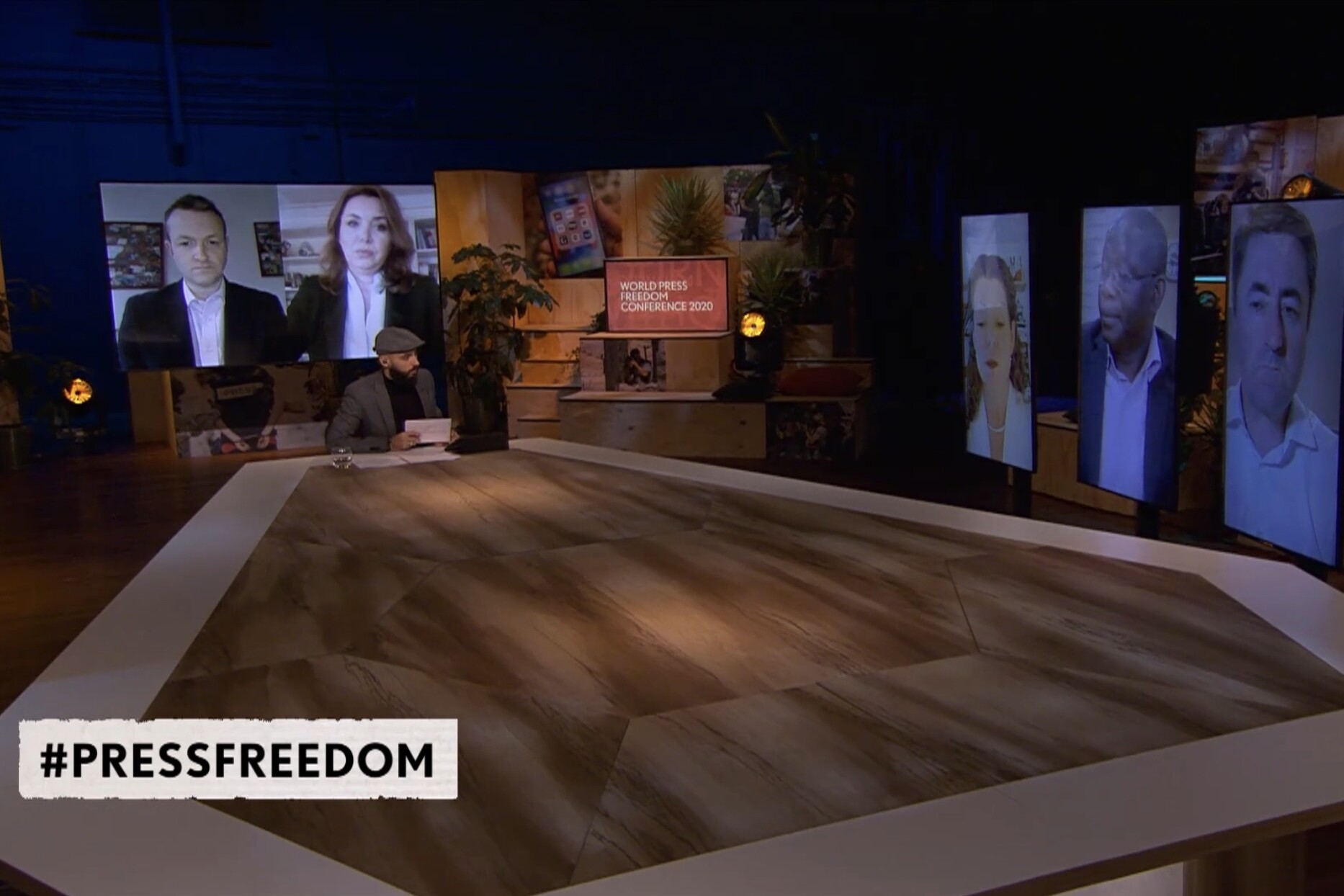Croatia may have joined the Media Freedom Coalition (MFC) but attempts to intimidate journalists at the public broadcaster are among a number of ongoing media freedom issues.
Croatian President Zoran Milanovic has reportedly verbally attacked several journalists working at Croatian Radio Television, HRT. According to reports he called them “tricksters” and “disgraceful mercenaries” for inviting Zlata Đurđević – the President’s preferred candidate as the next Supreme Court president – as well as a critic of Đurđević onto a TV show together, which was broadcast on Wednesday evening. Milanovic also critiqued HRT’s editorial policy and insinuated that they have a particular political leaning.
According to Euractiv, HRT responded to the incident in a press release by saying that it ‘unfortunately, can only interpret the president’s messages today as an attack, from a position of power, on the freedom and editorial policy of [public service media].’ It added: ‘That is an indirect threat against a public media service and its employees.’
The Union of Croatian Journalists (SNH) and the Croatian Journalists’ Association (HND) have condemned Milanovic’s actions, stating that: “Journalists at Croatian Radio Television do their job honestly and responsibly. Most are underpaid, with a salary lower than the Croatian average. They are not responsible for the editorial policy of people who are mostly appointed in agreement with the governing structures. Nor are they responsible for the attitude of many governments, including that of the incumbent President Zoran Milanovic, who have not provided a legal framework for strengthening and guaranteeing the independence of the public service.”
HRT has faced significant pressure from external and internal sources in recent months. In March, the Council of Europe created an alert about SNH President and HRT journalist, Maja Sever, being threatened with dismissal by the broadcaster ‘for giving an interview to the Croatian weekly “Nacional” about HRT’s failure to prevent sexual harassment among its staff.’ Other HRT journalists have spoken out about forms of censorship within the organisation, and its questionable editorial independence.
Another form of intimidation is the use of SLAPPs (Strategic Lawsuits Against Public Participation), whereby powerful individuals utilise existing laws to strategically silence critical reporting. SLAPPS are often arbitrarily used to drain the resources of journalists and are becoming a growing concern across Central and Eastern Europe. HRT has even filed lawsuits against its own journalists and HND in recent years.
Croatia joined the Media Freedom Coalition (MFC) earlier this year, which the Public Media Alliance supports in a consultancy capacity. It is imperative that members of the coalition are self-critical and hold each other to account, especially when there are attempts to silence critical reporting, intimidate journalists and threaten the independence of a public broadcaster within a participating state.
PMA will continue to report on and hold the Government of Croatia and HRT to account for media freedom violations that threaten the ability of journalists to hold power to account and inform the public.
Header Image: Zagreb, Croatia – December 29, 2019: Croatian Radiotelevision headquarters at Prisavlje is a Croatian public broadcasting company. Credit: Tamisclao/Shutterstock.com
Related Posts
11th August 2016
Political interference continues at Croatia’s PSB
New report calls for balanced coverage…

